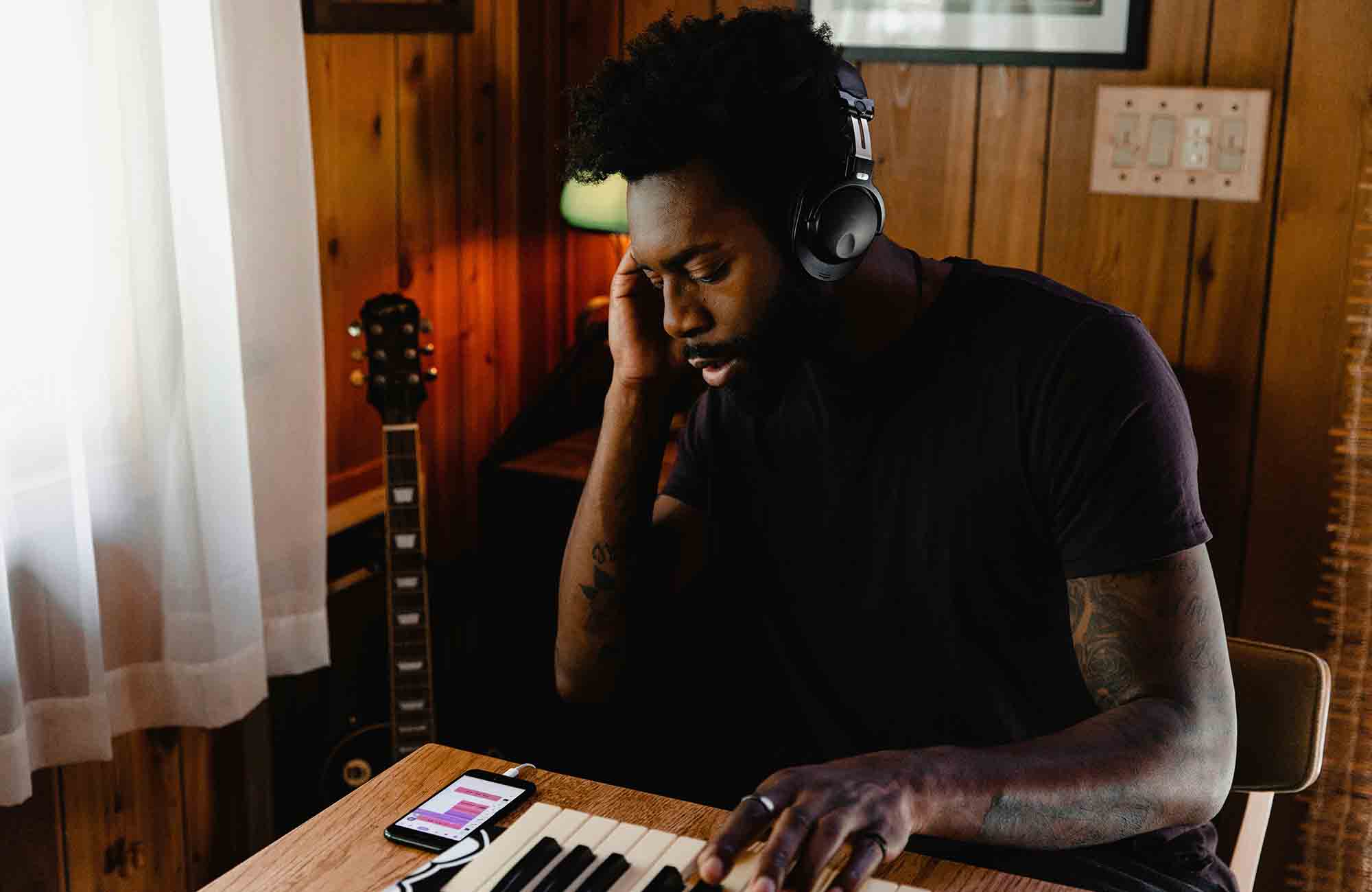
Leasing Beats Online: Everything You Need to Know
In the dynamic world of music production, leasing beats has emerged as a pivotal strategy for artists looking to expand their creative horizons without the steep costs associated with exclusive rights. This approach not only democratizes access to high-quality production but also offers flexibility and affordability, making it a popular choice among emerging artists. Whether you’re a rapper, singer, or content creator, understanding the ins and outs of beat leasing can significantly impact your artistic output and commercial success.
This comprehensive guide will delve into everything you need to know about leasing beats—from the basic definitions and types of lease agreements to strategic considerations and legal nuances. We’ll explore how to find and select beats that align with your musical style, negotiate terms that benefit both you and the producer, and effectively use leased beats to maximize your projects’ potential. Whether you’re just starting out in the music industry or looking to refine your approach to sourcing beats, this article will provide valuable insights and practical tips to help you navigate the complex landscape of music leasing.
The Growing Trend of Leasing Beats on the Internet
The practice of leasing beats has become increasingly popular over the last decade, transforming from a niche concept into a mainstream strategy in music production, particularly in genres like hip-hop, R&B, and pop. This trend is largely driven by the accessibility and affordability that the internet provides, making it possible for artists from all over the world to connect with talented producers and access high-quality beats at a fraction of the cost of traditional production methods.
Expansion of Digital Marketplaces: Online platforms such as BeatStars, Airbit, and SoundClick have played a crucial role in this trend. These digital marketplaces allow producers to upload their beats and set their own leasing terms, including pricing and the number of allowed uses. Artists can browse through vast libraries of beats across various genres, listen to samples, and purchase leases for the ones they wish to use in their projects.
Benefits for Emerging Artists: For many emerging artists, the cost of producing original music can be prohibitively high, particularly when it involves hiring session musicians and renting studio space. Leasing beats provides a cost-effective solution by lowering the entry barriers to high-quality production. Artists can obtain professional-sounding tracks for their music without the upfront investment typically required for exclusive rights.
Flexibility and Variety: Leasing beats also offers flexibility that is especially appealing in the fast-paced music industry. Artists can test different styles and sounds without committing to the purchase of exclusive rights, allowing them to experiment creatively and find their unique voice. Additionally, the variety of available beats means artists are more likely to find tracks that perfectly suit their project’s needs, enhancing their music’s overall quality and appeal.
Impact on Producers: For producers, the trend of leasing beats is equally beneficial. It opens up a global market for their work, providing a platform to reach artists they might never have connected with otherwise. This can lead to significant income opportunities and greater exposure in the music community. Producers can sell multiple leases for the same beat, maximizing their earnings from a single piece of work, while still retaining the option to sell exclusive rights in the future.
Cultural Shift in Music Production: The ease of accessing beats online has contributed to a cultural shift in how music is produced and consumed. It has fostered a more collaborative environment where artists and producers can work together remotely, breaking down geographical and financial barriers. This democratization of music production has led to a more vibrant and diverse musical landscape, enabling a broader range of voices to be heard.
Legal Considerations and Best Practices: Despite the advantages, leasing beats online also involves navigating copyright issues and understanding the legal terms of lease agreements. It is crucial for both artists and producers to be aware of the rights granted under a lease and any restrictions imposed. Best practices include thorough documentation of all agreements, understanding the terms of use, and respecting intellectual property rights to avoid legal complications.
How Beat Leasing Works
Beat leasing is a concept in music production that allows artists to use instrumental music tracks produced by others for their own projects under specific conditions without owning exclusive rights to the beat. This arrangement benefits both the music producer, who can earn income from a single beat multiple times, and the artist, who can access professionally produced beats at a lower cost compared to purchasing exclusive rights. Here’s a detailed look at how beat leasing works.
Types of Leases: There are typically several types of lease options available, each catering to different needs and budgets of artists:
-
- Standard Lease: This is the most basic and affordable option, granting the artist the right to use the beat for a limited number of commercial recordings or broadcasts. It usually comes with a cap on the number of streams or sales and does not include rights for radio play.
- Premium Lease: Offering more flexibility than a standard lease, a premium lease allows for more units to be sold and often includes higher streaming limits. This type of lease might also allow for radio plays and can include the tracked-out stems of the beat for better mixing and mastering control.
- Unlimited Lease: As the name suggests, this lease removes the cap on the number of streams and sales. It’s ideal for artists expecting to reach a wide audience and not wanting to worry about exceeding usage limits.
- Exclusive Rights: Though technically not a lease, purchasing exclusive rights means the artist buys full ownership of the beat. The producer cannot sell the beat to anyone else after the sale. Exclusive rights are the most expensive and provide the artist with the maximum level of control and legal assurance.
Process of Leasing a Beat: The process typically involves the following steps:
-
- Selection: Artists browse beats available on various online platforms or directly through a producer’s website. Most sites allow artists to listen to samples before making a purchase.
- Licensing: Once an artist selects a beat, they choose a leasing option that suits their project’s needs and budget. Each lease option has its own price and set of conditions regarding how the beat can be used.
- Payment and Download: After the lease is purchased, the artist can download the beat along with a licensing agreement that outlines the terms of use. Some producers also provide a download of the beat’s individual tracks or stems if included in the lease package.
- Usage: The artist can then use the beat in their music project, adhering to the terms set out in the license. This usually includes limits on distribution, sales, and broadcasting.
- Renewal or Upgrade: If the artist’s song performs well and they reach the limits of their current lease, they may choose to renew the lease or upgrade to a more comprehensive leasing option. In some cases, they might opt to negotiate for exclusive rights.
Legal Considerations: It’s vital for both producers and artists to understand and respect the legal boundaries established by the lease agreement. Misunderstandings and violations of lease terms can lead to legal disputes and financial liabilities. Artists should ensure they have the right documentation for their leased beats, particularly when distributing music commercially.
Advantages for Artists and Producers: Leasing beats allows artists to release music with high-quality production without a large initial investment, making it an excellent choice for those who are independent or starting out. Producers benefit from the recurring income generated by multiple leases and the exposure their beats receive from various artists’ works.
The Best Platforms to Lease Beats on the Internet
1. Tellingbeatzz
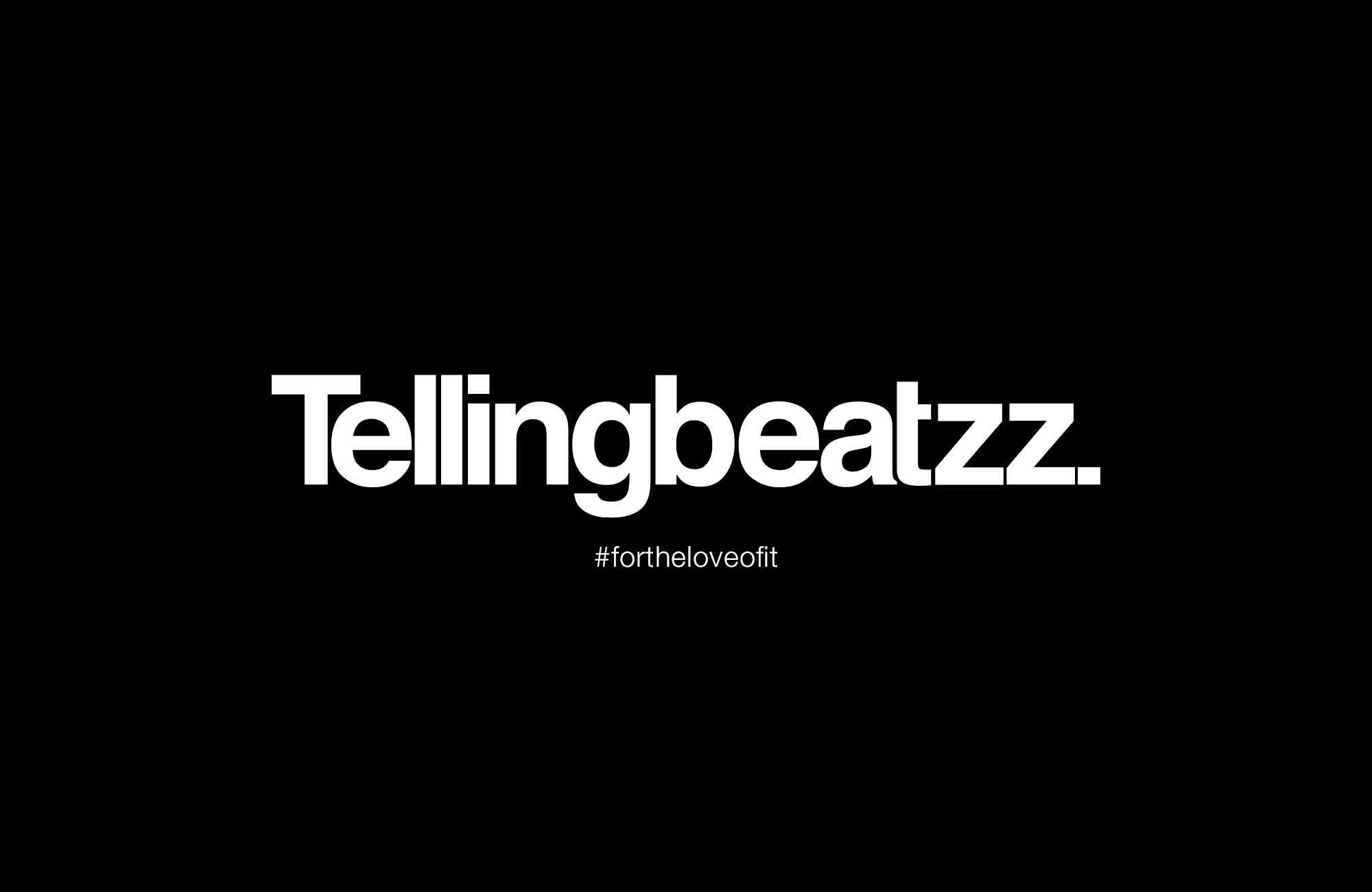
Overview: Tellingbeatzz is a popular choice for artists looking for a wide variety of beats across different genres. The platform is known for its straightforward navigation and high-quality selection, making it easy for artists to find exactly what they need for their projects.
Features: One of the standout features of Tellingbeatzz is its user-friendly interface, which simplifies the process of browsing and purchasing beats. The platform also offers exclusive beats, meaning once a beat is sold exclusively, it is no longer available to other artists.
Benefits: Artists benefit from Tellingbeatzz’s transparent pricing and licensing options, which clearly define what each license permits in terms of usage and distribution. The platform also often features discounts and deals, providing cost-effective options for artists on a budget.
Ideal User: Tellingbeatzz is ideal for both new and experienced artists who are looking for a diverse selection of beats and prefer a platform that offers clear, straightforward licensing terms.
Further Reading: Explore available beats and licensing options at Tellingbeatzz.
2. BeatStars
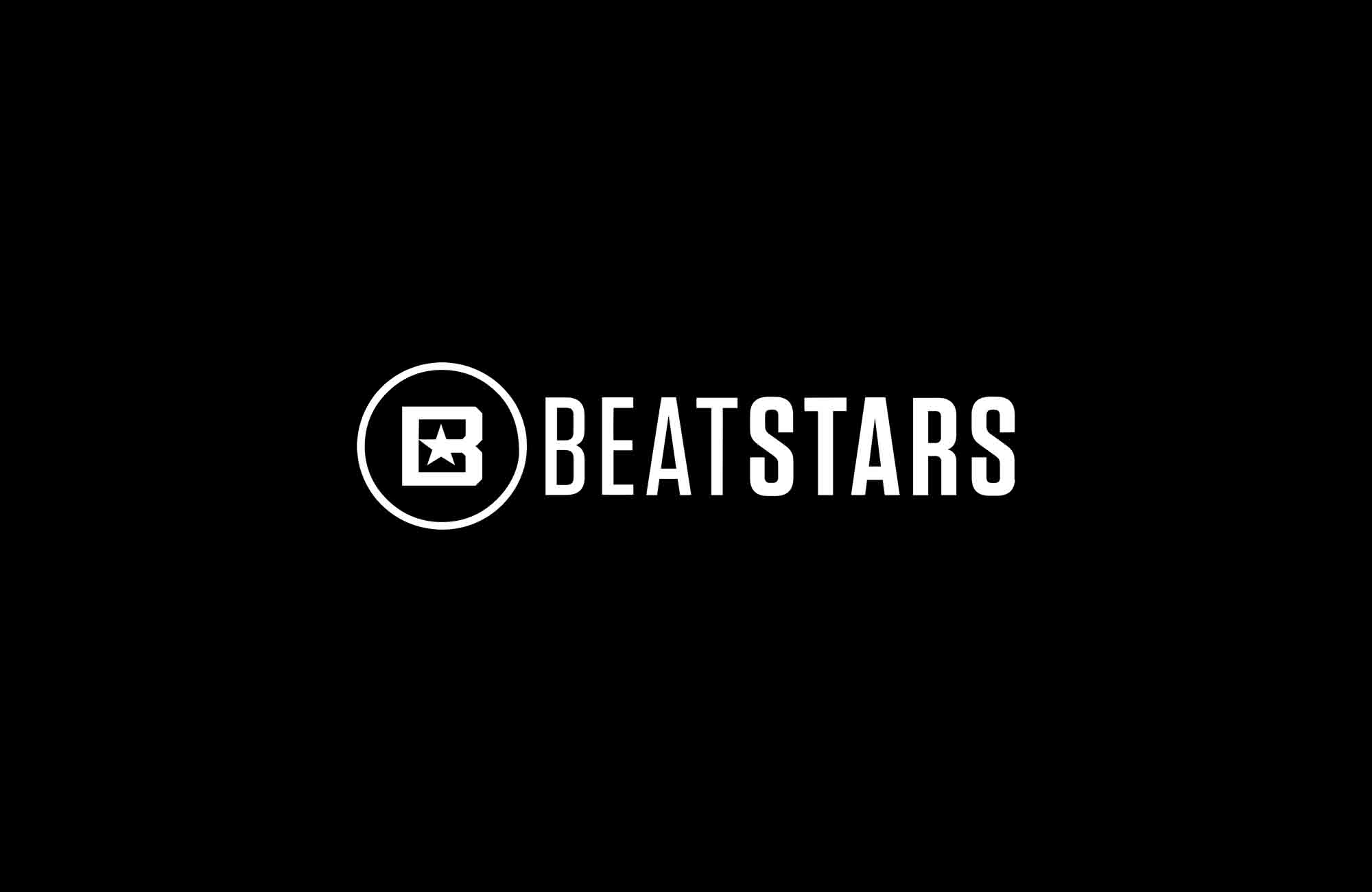
Overview: BeatStars is arguably one of the most well-known platforms for leasing beats, credited with popularizing the beat leasing model. It hosts a massive catalog of beats and has a vibrant community of both producers and artists.
Features: BeatStars offers a comprehensive set of tools for artists and producers, including direct messaging, collaboration features, and integrated marketing tools like promotional emails and social media sharing. It also supports seamless integration with services like YouTube and Spotify to track usage and manage royalties.
Benefits: The platform’s large user base increases the likelihood of discovering unique beats that aren’t available elsewhere. BeatStars also frequently updates its features to enhance user experience and provide new ways for artists and producers to connect and collaborate.
Ideal User: BeatStars is perfect for artists of all levels who appreciate a large selection and a community-focused platform where they can also learn from other artists and producers.
Further Reading: Visit BeatStars to start exploring beats and features.
3. Airbit
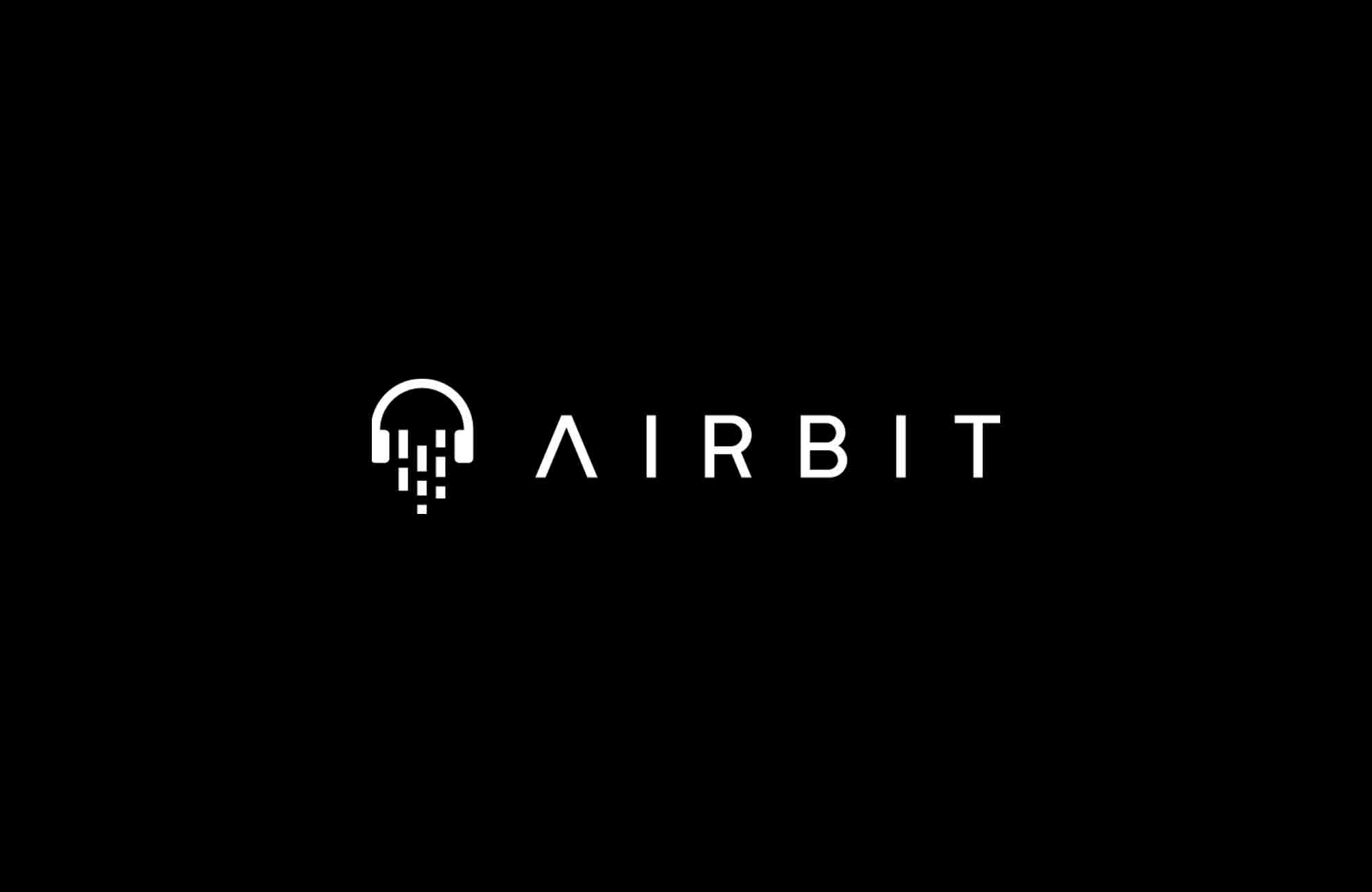
Overview: Formerly known as MyFlashStore, Airbit is a streamlined platform that offers a wide range of beats without requiring a membership to purchase. It’s known for its high-quality beats and producer tools.
Features: Airbit provides detailed analytics to producers, helping them understand sales trends and customer behavior. The platform also offers a marketplace for selling sound kits, in addition to beats, providing more resources for artists.
Benefits: One of the main benefits of using Airbit is its zero-commission model, meaning producers receive 100% of the sales revenue, which can often translate to lower prices for artists.
Ideal User: Airbit is great for artists who want a straightforward, no-nonsense platform that allows them to purchase beats quickly and easily without the need for an ongoing subscription or membership.
Further Reading: Check out Airbit for more information and to browse beats.
4. SoundClick
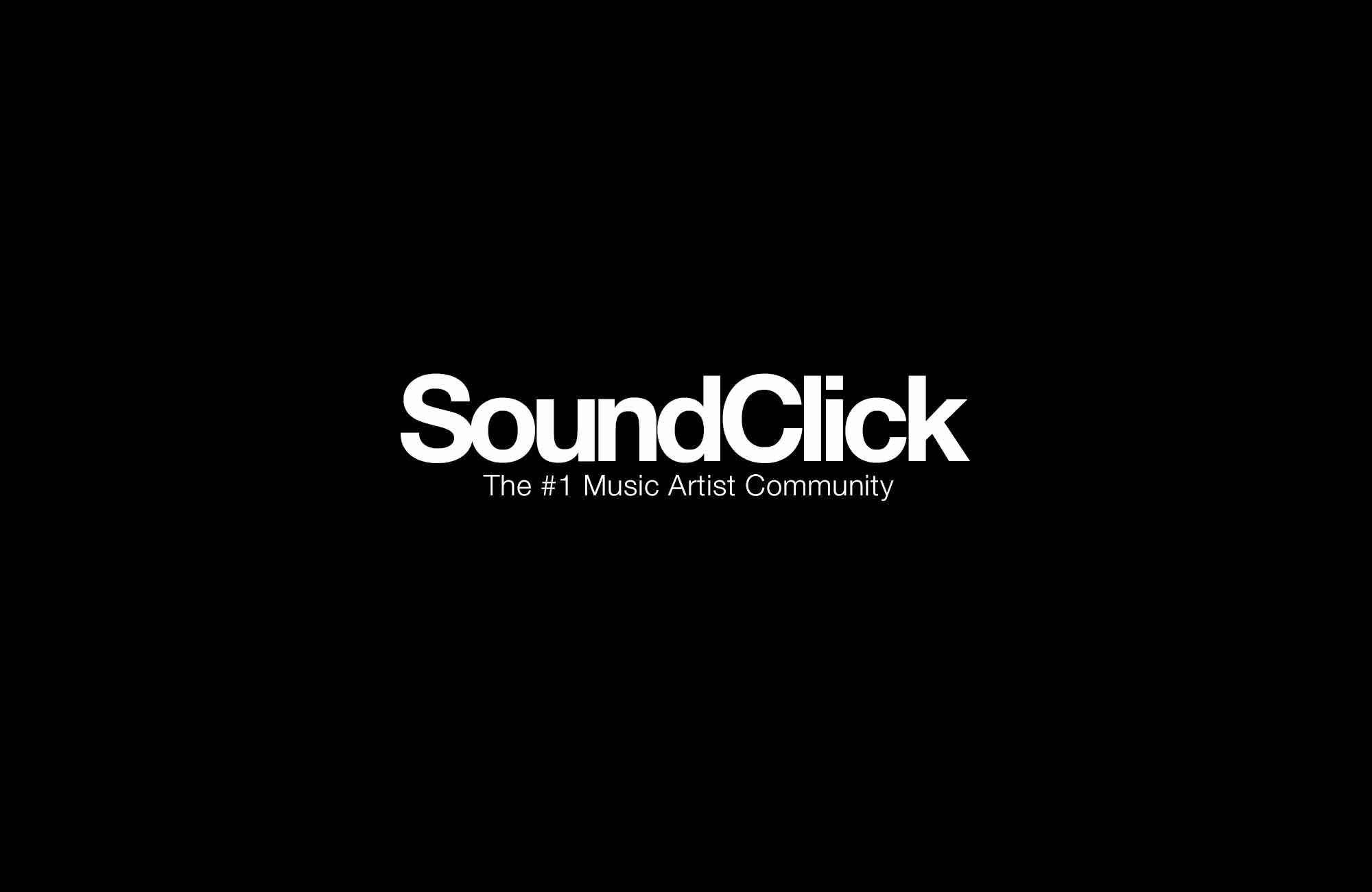
Overview: SoundClick is one of the original platforms for sharing and selling beats, having been around since the late 1990s. It offers a mix of free and paid beats, with options for leasing and exclusive purchases.
Features: The platform is straightforward and somewhat nostalgic, but it includes features like charts, which highlight popular beats and artists. It also provides tools for artists to create custom pages, allowing for personalized branding.
Benefits: SoundClick’s longevity in the market has helped it to amass a diverse range of music and a loyal user base. Artists can often find hidden gems—beats that are unique and may not be saturated in the market yet.
Ideal User: SoundClick is suited for artists who prefer a more traditional platform and enjoy exploring a mix of established and up-and-coming producers.
Further Reading: Visit SoundClick to explore its features and available beats.
Final Tips for Successful Beat Leasing on the Internet
Navigating the world of beat leasing can be both exciting and daunting for artists, especially those new to the process. To ensure success in leasing beats online and make the most of your investments, here are some essential tips that can guide you through the intricacies of finding, securing, and utilizing beats effectively.
1. Understand Licensing Agreements: Before you lease a beat, it’s crucial to thoroughly understand the licensing agreement. Different leases (standard, premium, unlimited) offer varying levels of usage rights, which can impact how you use the beats in your projects. Make sure you know the limitations on distribution, whether the lease includes streaming rights, and if there are any restrictions on commercial use. Clarifying these details beforehand can prevent legal issues and ensure that you comply with the terms set by the producer.
2. Establish a Budget: Determine how much you are willing to spend on beats. This will help you filter options and manage your finances effectively. Keep in mind that investing in a slightly more expensive lease with better terms might be more beneficial in the long run, especially if you anticipate a larger reach or higher sales volume.
3. Seek Quality and Originality: The quality of the beat can significantly affect the final product of your music. Spend time listening to various samples and choose beats that not only sound professional but also resonate with your artistic style and brand. Additionally, consider the originality of the beat; using beats that are less common may help your music stand out in a saturated market.
4. Negotiate When Possible: Don’t hesitate to contact the producer if you’re interested in negotiating the terms of a beat lease. Some producers are open to negotiation, especially for exclusive rights or specific adjustments to lease terms. Effective communication can lead to more favorable terms and a relationship that may benefit future projects.
5. Build Relationships with Producers: Developing a good working relationship with producers can be incredibly beneficial. Not only does this open the door for potential collaborations and better deals, but it also helps in creating a network within the industry. Supportive relationships can lead to producers offering you beats before they go public or giving you custom beats tailored to your style.
6. Stay Organized: Keep detailed records of all your leased beats and the corresponding licensing agreements. This organization is key to managing your rights properly and ensures you’re always aware of your legal standing with each track you release. This includes understanding when a lease might need to be renewed or when you’re approaching the sales/streaming cap.
7. Promote Your Music Effectively: Once your music is ready, having a solid promotion strategy is crucial. Utilize social media, streaming platforms, and music blogs to get your music out there. The more visibility your tracks gain, the more you can leverage your leased beats for success.
8. Respect Copyrights: Always respect copyright and intellectual property laws. Unauthorized use of beats not only leads to legal troubles but can also damage your reputation in the music industry. Ensuring that all your music releases are legally compliant maintains your professionalism and integrity as an artist.
9. Continuously Learn and Adapt: The music industry is constantly evolving, especially in digital realms like beat leasing. Stay informed about new platforms, changes in copyright laws, and shifts in music consumption trends. Being adaptable and knowledgeable can place you ahead and make your beat leasing more effective.
Conclusion: Capitalizing on Beat Leasing for Artistic Growth and Success
Beat leasing has emerged as a transformative force in the music industry, offering artists a financially accessible means to access high-quality production. This strategy not only broadens creative horizons but also democratizes music production, allowing artists from various backgrounds to produce music that might otherwise be out of their reach due to cost constraints. As we’ve explored, platforms like Tellingbeatzz.com, BeatStars, Airbit, and SoundClick provide a rich array of options, catering to different needs and facilitating connections between artists and producers globally.
To successfully leverage the potential of beat leasing, artists should focus on understanding the intricacies of licensing agreements, choosing beats that align with their artistic vision, and engaging in fair negotiations that respect both their rights and those of the producers. By doing so, artists can avoid legal pitfalls and maximize the use of their chosen beats.
Furthermore, building lasting relationships with producers can lead to more personalized and innovative musical collaborations, enhancing the artist’s ability to stand out in a competitive market. The process of beat leasing, when navigated wisely, offers a pathway not just for individual songs, but for building a sustainable career in music.
In conclusion, as the music industry continues to evolve, beat leasing stands as a crucial tool for artists looking to innovate and succeed. By making informed choices, respecting the creative rights of all parties involved, and utilizing the digital tools available, artists can make the most of this opportunity to enhance their musical projects and achieve commercial success. This approach not only benefits the artists and producers involved but also enriches the cultural tapestry of music by allowing a broader diversity of voices to be expressed and heard.
For artists aiming to explore this avenue, the journey begins with choosing the right platform and engaging with the community of producers. From there, the possibilities are as limitless as the artist’s own creativity, paving the way for a vibrant and dynamic musical career.
Browse Beats & Instrumentals
Check out my extensive catalog of more than 500 custom-made beats and instrumentals, available for free download or licensing.


No Comments